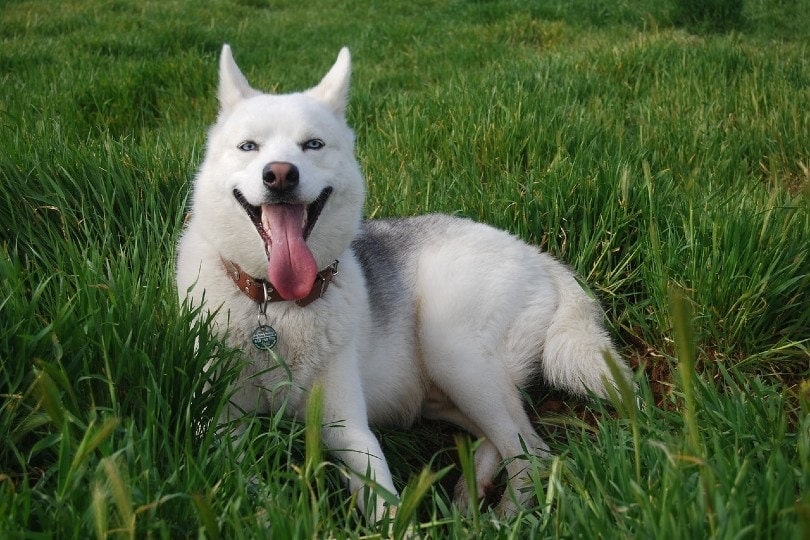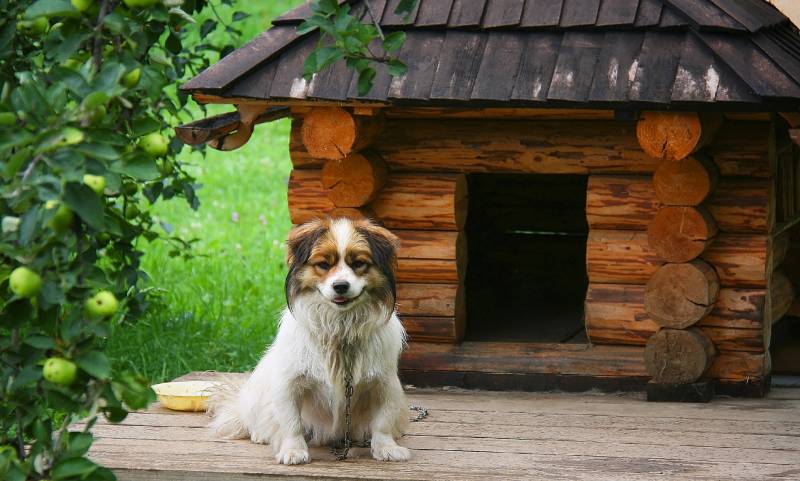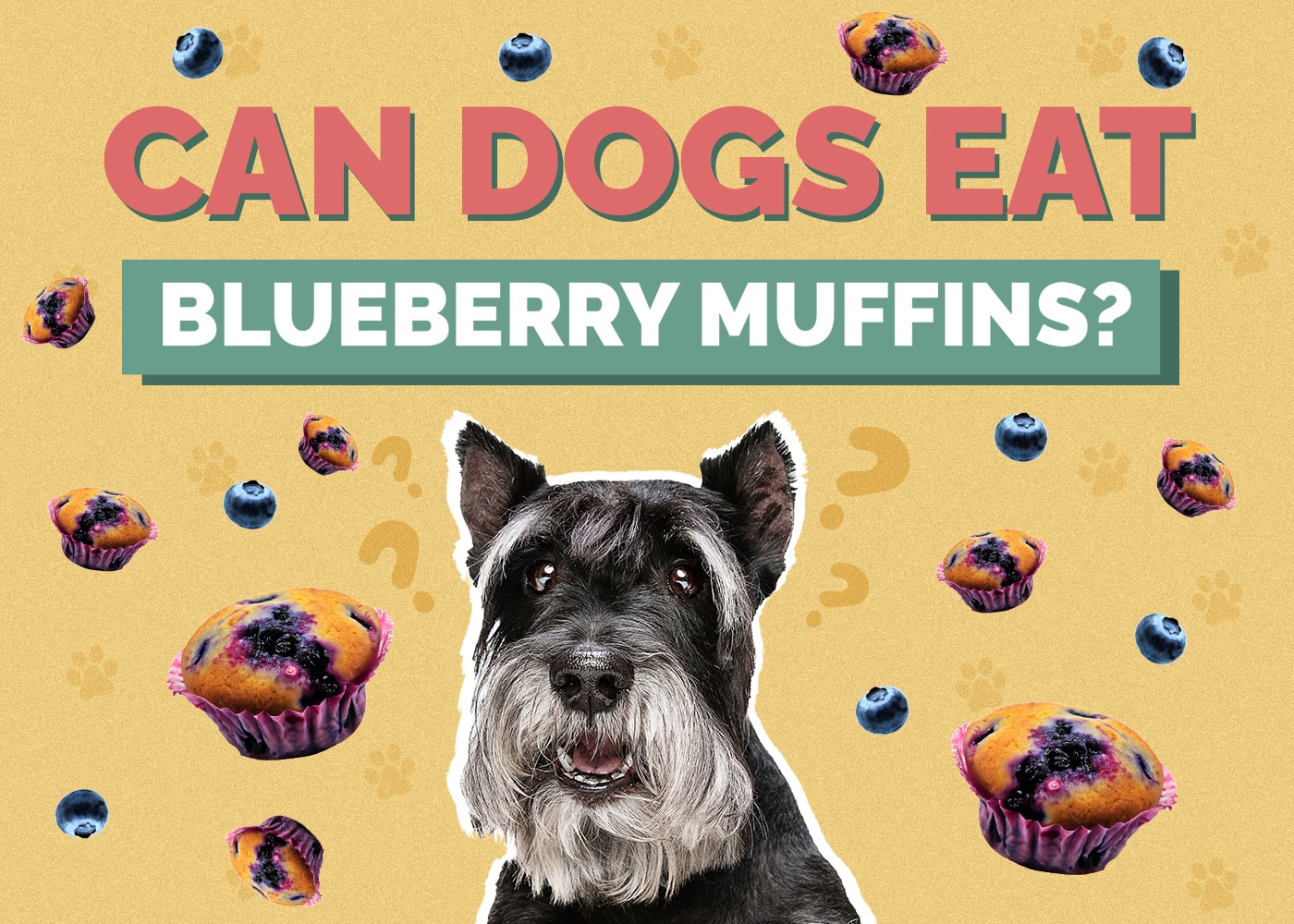Can Dogs Eat Corn on the Cob? Vet-Reviewed Safety Guide

Updated on
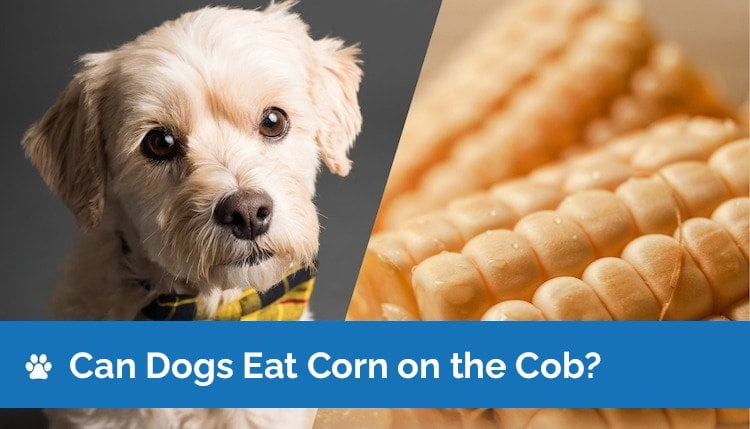
Along with the summer months comes the opportunity for barbecues, and if you own a dog you probably know firsthand that they are world-class beggars when it comes to barbecue food (and just about anything). While they may sit and wait with longing in their eyes for something as seemingly harmless as some of your corn, you may find yourself wondering, is it safe to give dogs corn on the cob?
In brief, we can tell you yes to the corn, in most cases, and no to the cob. Read on for more details about why.
First, Is Corn Itself Bad for Dogs?
Putting aside the cob for a moment, corn is perfectly safe for dogs to consume. According to Tufts University Clinical Nutrition Service, corn is both safe and healthy for your four-legged friend to consume, and it’s included in many varieties of dog food.
Because of the implication that corn is used as a “filler” food for many farm animals due to its low cost and short germination time, canine nutrition experts go on to say that corn is not only benign but beneficial for dogs, and it provides many nutrients they need to maintain their wellbeing, such as insoluble fiber, carbs and fat as source of energy, essential fatty acids, vitamins, and minerals.
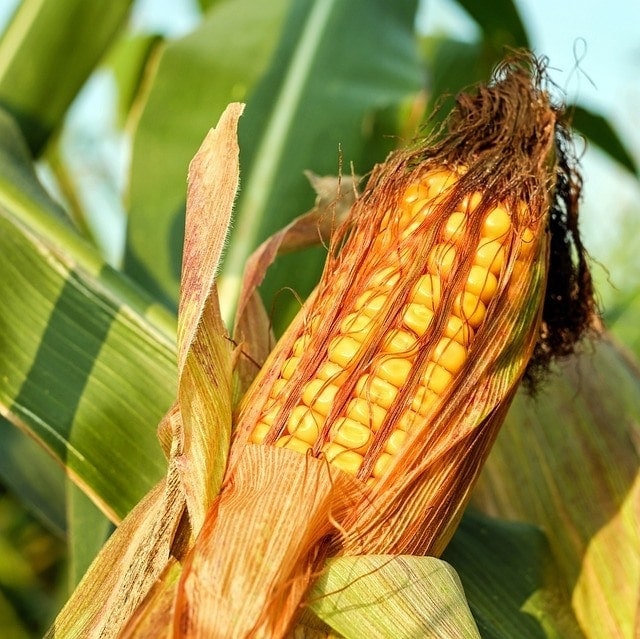
What About Corn on the Cob?
Since corn is healthy for dogs to consume, some people believe that corn on the cob is safe as well, especially if their pooch tends to gnaw on the cob joyfully or chew it into pieces. However, the fact is that it can be very dangerous.
A corn cob is a large mass of indigestible material. Even smaller pieces chewed up or swallowed can cause a gastrointestinal obstruction. This can lead to serious complications for your pup, including severe abdominal pain, vomiting, dehydration, damage to the stomach and intestinal wall lining at the site of obstruction, oftentimes requiring surgery to remove the corn cob, and sometimes even leading to sepsis in severe cases.
You can safely give your dog corn to eat, but never allow your pup to get a hold of a corn cob.
How Can I Serve My Dog Corn?
Since corn is beneficial for your dog, you may choose to serve him or her corn once it has been removed from the cob. If you do choose corn as a treat, cooking it first will make the corn easier to eat and digest. If your dog is suffering from diabetes or other health issues, they should stay away from corn and other starchy treats. Speak to your vet about your pooch’s diet and if they are okay to have corn as an occasional treat.
However, while you can boil or grill the corn like you would if making it for yourself, you should not prepare the corn the same way! As humans, we love and indulge in butter and salt to make our food tastier and more satisfying, but dogs shouldn’t consume the same things we do.
Although butter is not toxic for dogs, it’s certainly not good for them given the amount of fat and the high caloric density. Some dogs may be lactose intolerant, and eating butter can lead to signs of a stomach upset.
High sodium content can also be problematic, leading to vomiting, diarrhea, increased thirst, and other signs, depending on the amount of salt, but this is unlikely to be a major issue when offering cooked corn.
To prepare corn for your pup, simply cook the corn in plain water, without using butter or oil, and don’t add salt once cooked.
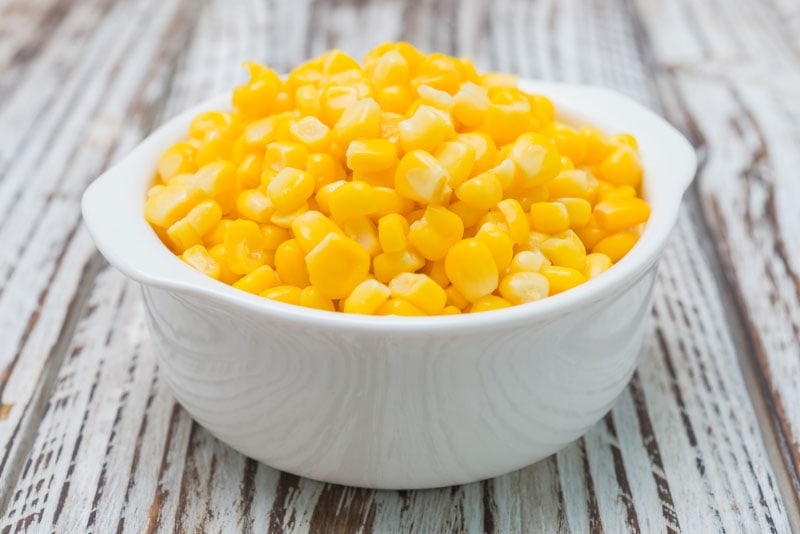
What About Popcorn?
Looking to include your pup in your movie night snacking? Although popcorn is not toxic to dogs, they will not benefit much from having this snack. Plain popcorn is safe for your dog, but just like regular corn, make sure to keep the butter and salt out of any popcorn you offer your dog. Sweet popcorn recipes containing xylitol should be strictly avoided, as this artificial sweetener is quite toxic to dogs. Other harmful additives sometimes present in popcorn are garlic and onions. Speak to your veterinarian if your dog ate popcorn with xylitol, garlic, or onions. Butter in popcorn can also lead to a stomach upset, particularly in dogs that are lactose intolerant.
You also should pay attention to any discomfort your dog may have from kernels getting stuck between their teeth. Unpopped kernels may be quite hard, causing gum, teeth, and throat injuries, and in small breeds of dogs could lead to choking, while if ingested in large amounts, they can cause a stomach upset or even a blockage in rare cases.
The Final Word
If you’re itching to give some corn (or popcorn!) to your pup for a sweet summer treat, know that it’s safe once it’s been removed from the cob, however, you should stay away from corn if your dog is suffering from diabetes; the corn cob itself isn’t digestible, and it can cause serious gastrointestinal complications. You may prepare your corn with butter and salt, but your dog will enjoy the corn just as much without them, so leave these additives for your human friends.
See also:
Featured Image Credit: (L) Joy Hossain, Shutterstock (R) Unsplash


